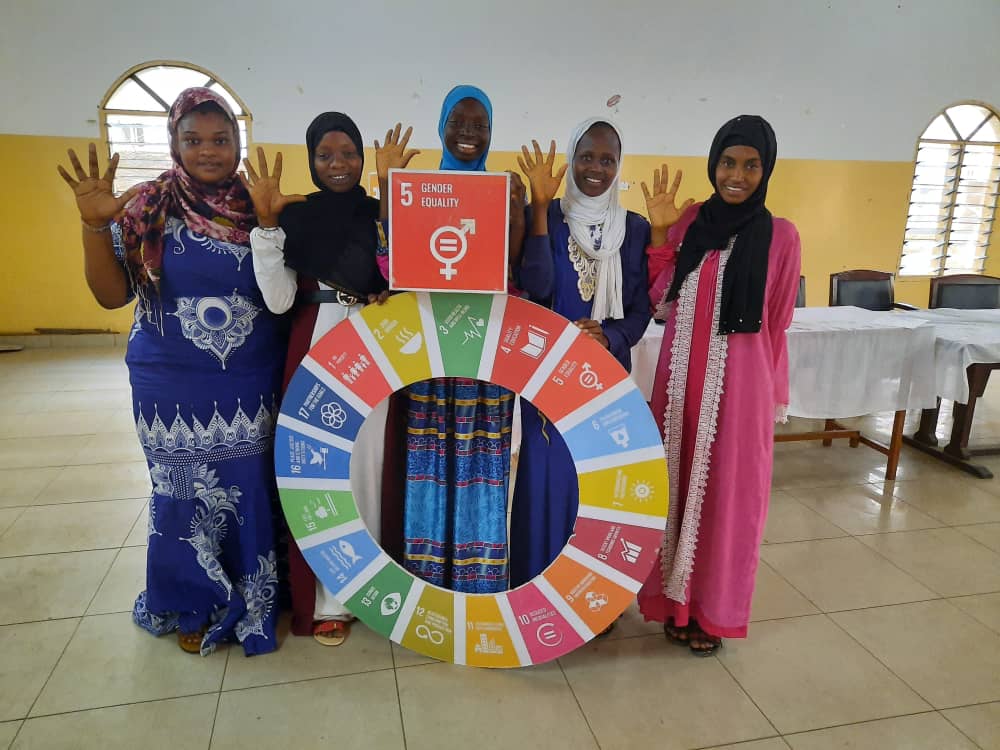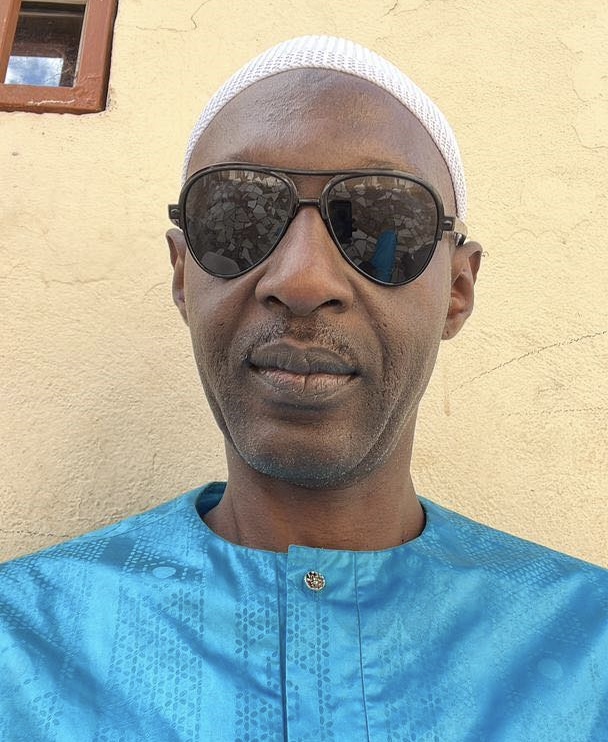By: Mariama Njie
Ministry of Finance and Economic Affairs in partnership with Banjul City Council on Tuesday held a regional summit on the Sustainable Development Goals for the 2030 agenda.
Among other things, the summit discussed eradicating poverty and end hunger, good health, quality education, clean water, gender equality, decent work, sustainable cities and communities, climate action, life on land, peace justice and strong institutions.
Speaking at the event, Mr. Alagie Fadera, Director of Development Planning from the Ministry of Finance and Economic Affairs, said: “the SDGs are a bold commitment to finish what we started, and end poverty in all forms and dimensions by 2030. This involves targeting the most vulnerable, increasing basic resources and services, and supporting communities affected by conflict and climate-related disasters.”
He disclosed that series of consultations on the voluntary National Review of the implementation of the Sustainable development goals were held.
According to him, The Gambia is going to present its Voluntary National Review at the high level political forum in New York by July, adding that “as part of the process consulted necessary stakeholders including the citizens across all the regions in The Gambia.”
He continued that they already visited the entire administrative regions in the country, were they met different stakeholders including counselors, youths, differently able and elders.
Omar Touray, Deputy Major of Banjul described the consultation meeting as key thus there are lots of challenges in Banjul City Council area in terms of sustainable development “because the SDG’s are 1-17 and the local people have been affected seriously because of poverty, lot of women are not empowered and lot of youths are out there jobless.”
He noted that Women are more likely to be poor than men because they have less paid work, education, and own less property.
He concluded that “Progress has also been limited in other regions, such as South Asia and sub-Saharan Africa, which account for 80 percent of those living in extreme poverty. New threats brought on by climate change, conflict and food insecurity, mean even more work is needed to bring people out of poverty.”




